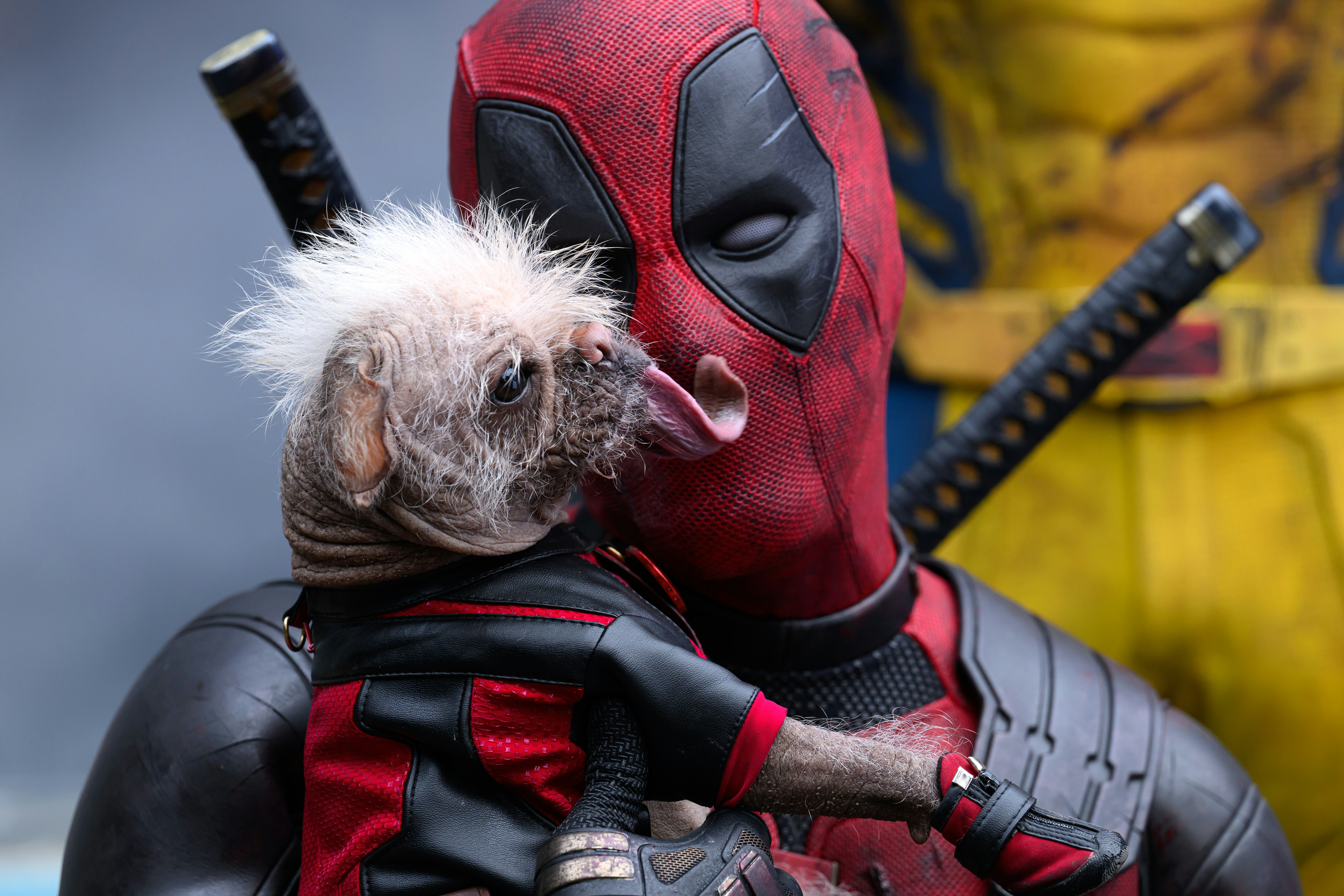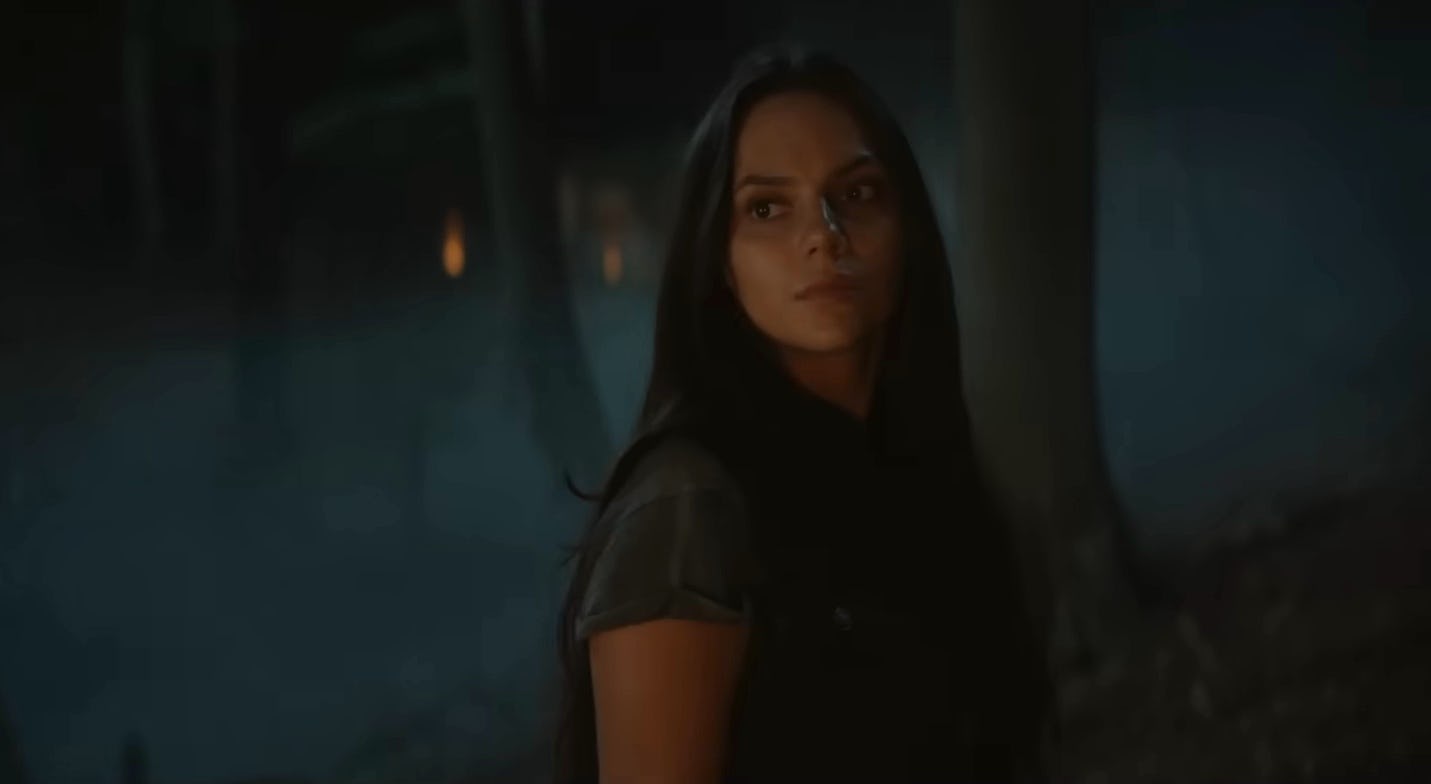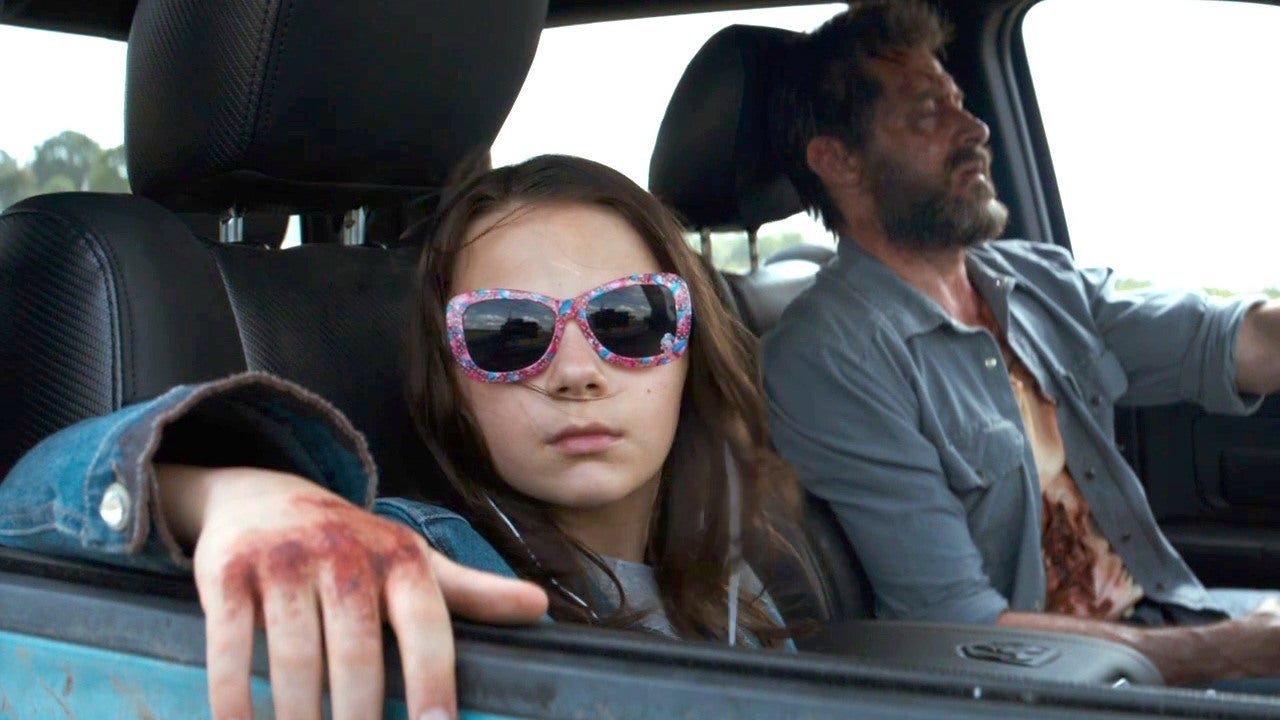
Deadpool & Wolverine is a lot of things, and not all of them work. It’s a (mostly) sincere love letter to 20th Century Fox’s superhero movies, an appropriately R-rated Deadpool sequel, a buddy comedy, and both a rejection and embracement of the Marvel Cinematic Universe’s brand of storytelling. It is also, at certain points, a collection of cameos that are both surprising and not, and some of which work considerably better than others.
The film’s cameos are sure to be the subject of numerous conversations in the coming days and weeks, and it’s not hard to see why. (Hugh Jackman, after all, isn’t the only iconic comic book movie actor who gets to make a return in the sequel.) However, while the presence of characters like Jennifer Garner’s Elektra, Chris Evans’ Human Torch, Wesley Snipes’ Blade, Dafne Keen’s X-23, and even Channing Tatum’s Gambit help support Deadpool & Wolverine’s mission to say one last goodbye to Marvel’s Fox era, they also give the film one too many chances to make what is becoming an increasingly tiresome MCU mistake.

The biggest problem with Deadpool & Wolverine’s cameos is that they’re essentially used to cut corners. The film wants to sell itself as a kind of conclusion to an era of comic book movies that fans had thought already ended five years ago, and Garner’s Elektra even says as much. She and the rest of the noble variants that Ryan Reynolds’ Deadpool and Jackman’s Wolverine team up with in the movie’s second act insist that they want to give themselves the ending that the TVA, Cassandra Nova (Emma Corrin), and — in an extremely metatextual sense — Disney took from them. The problem is that Deadpool & Wolverine doesn’t give viewers any reason to be invested in its cameo characters or their shared plight.
The film relies solely on the connections that audiences already have with Garner’s Elektra, Tatum’s Gambit, Snipes’ Blade, and Keen’s Laura, but 2005’s Elektra remains universally reviled by both critics and casual viewers alike, while Gambit was never even made. It has, additionally, been 20 years since Snipes’ last film appearance as Blade, which means many of Deadpool & Wolverine’s younger viewers likely don’t have much of a relationship with his iteration of the character. Rather than taking the time to really explore its other pruned variant heroes, though, Deadpool & Wolverine relies merely on viewers’ nostalgia to do the work for it.
The film makes a similar mistake during a climactic fireside conversation between Wolverine and Laura, which essentially serves as an emotional wake-up call for the former. After revealing part of his tragic backstory to her, Wolverine tells Laura that she and her friends are placing their faith in someone unworthy of it. “You’ve got the wrong guy,” he says, to which she responds, “You were always the wrong guy… until you weren’t.” It’s the moment of recognition, insight, and support that Logan needs to pull himself from his depressive spiral, and both Keen and Jackman play it so well that it’s easy to look past the fact that it doesn’t make any sense within the context of Deadpool & Wolverine.
In 2017’s Logan, Jackman’s Wolverine only becomes close with Laura after spending multiple days with her and experiencing several heavy losses that break down his self-imposed barriers. Their bond ultimately feels not only emotionally rich, but also earned. In Deadpool & Wolverine, though, Logan immediately opens up to Laura because… Reynolds’ Wade told him that one of his variants sacrificed himself for her. The Wolverine featured in the film has no relationship with Laura, so it doesn’t make sense for him to so quickly open up to her about his deepest emotional scars. Their conversation is, therefore, yet another example of Deadpool & Wolverine trying to cash in on its audience’s relationship with a different movie.

When done well, cameos can actually support a superhero’s onscreen journey (see: 2021’s Spider-Man: No Way Home). When they’re not, they tend to just be zero-calorie distractions that cause momentary highs and little else. Lately, Marvel seems to have forgotten that distinction. There are, in fact, times when Deadpool & Wolverine feels like a feature-length version of the Illuminati sequence from Doctor Strange in the Multiverse of Madness, but one without that scene’s Sam Raimi-helmed, delightfully mean conclusion.
By stuffing itself so full of Easter eggs, cameos, and jokes at the MCU’s expense, Deadpool & Wolverine forgets to give its main storylines — like its heroes’ begrudging friendship and Wade’s offscreen breakup with Vanessa (Morena Baccarin) — the attention that they need. It gives an emotionally insightful conversation that should have marked a bonding moment between Deadpool and Wolverine to X-23, and generally depends on multiple past, non-Deadpool movies to do a not insignificant amount of work for it. That is, unfortunately, a mistake that Marvel continues to make these days, and it’s dragging the entire MCU down.
(Dogpool innocent, though.)







